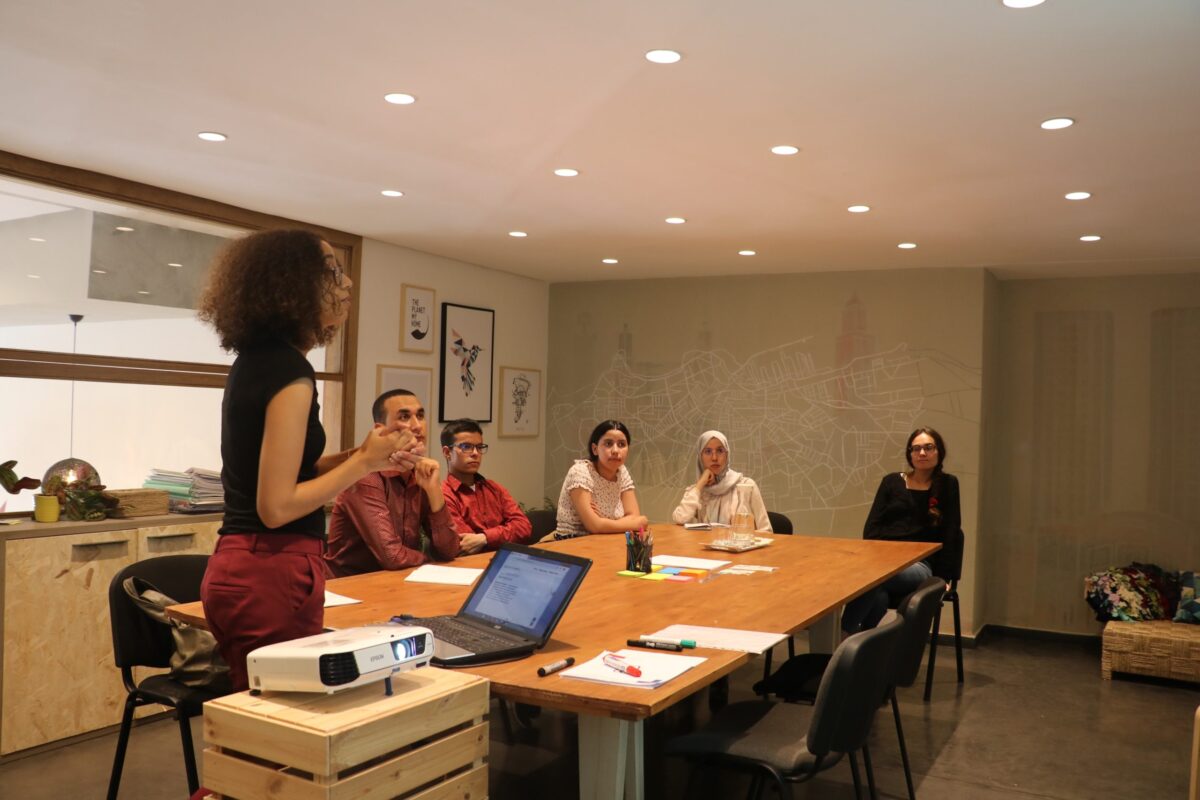
“The difference between a crisis and a non-crisis is the difference in perception. To be better prepared to address either, no what separates them.” -Greg Williams, The Master Negotiator & Body Language Expert (Click to Tweet)

“7 Wicked Strategies To Unlock Non-Crisis Negotiations”
When you engage in crisis negotiation, there’s usually less time to consider what strategies you’ll employ compared to when you negotiate in a non-crisis environment. But, just because a non-crisis negotiation should be less stressful doesn’t mean you should lower your guard.
The following are seven negotiation strategies to consider when negotiating in non-crisis negotiations.
Mindset/Mindfulness
While non-crisis negotiations may not possess the level of stress of crisis discussions, don’t let your demeanor laps into a state of complacency. This means, plan for a less stressful engagement but be prepared for circumstances that might cause provocations. Also, monitor your state of mind before and during the negotiation. Be very much aware of how you’re thinking, where your thoughts are leading you, and what mental interventions might occur to alter any thought path you’re on. You want to be aware of as many variables that might impact your thoughts, so you’re able to control them better.
Social Media
Social media is a powerful tool. You can use it to soften or alter the perspective of those against whom you’ll be negotiating, and to have your viewpoint enhanced. In essence, you can use it as a tool to position the opposing side to be viewed in a particular manner – one that suits your purpose. Another tactic is to have surrogates post positive attributes about you and your position.
Questions/Statements
The questions you ask, their timing, along with statements you make, can play a pivotal role in the flow and outcome of a negotiation.
Assumptive Questions – You can ask assumptive questions, questions that give the appearance that you may know more than you’ve disclosed (e.g., you’ve awarded this type of contract with a high dollar amount in the past, right?). By posing a question in that manner, the opposition can answer in the affirmative, hesitate in responding, or deny your assertion. Either way, you’ll gain information that you can use in the negotiation. And, a bonus will occur in causing the other side to wonder what additional insights you might have that you’ve not disclosed.
Implied Questions – Ask questions that imply an answer (e.g., why would you only focus on one company that might be involved in corruption, if you state you’re concerned about business fraud throughout the country?) The hidden implication is, you weren’t worried about business crime, you had other thoughts that motivated your actions.
Statements – To alter the momentum of your opponent, make false statements to which he has to respond. If he doesn’t retort, his point is clouded, and your comment becomes perceived as truthful. The point is, by having the other negotiator focus on your false accounts, he’ll have to extend time refuting them. That’ll give you more time to regain momentum in the negotiation. Just be cautious about how outlandish your assertions are. If they’re too far out of the realm of reasoning, you’ll appear buffoonish.
Always attempt to ask questions and make statements when they have the most significant impact on the negotiation.
Timing of Negotiation
There will be optimum times when you should negotiate. Such times will occur when you’re in a dominant position (i.e., you have something that the other negotiator must have quickly), the other negotiator is weakened by internal or external forces (e.g., they need to complete your negotiation to move to something more important). Whatever sources might cause you to have an advantage at a particular time, seek them out – and negotiate then. Doing so will enhance your negotiation efforts.
Single Versus Team Negotiations
The dynamics of a negotiation change whenever multiple people are involved. Even when everyone on your side or that of the opposing party is in agreement about how the negotiation will unfold, there will be occasions when someone says or does something unexpected. Prepare for such occurrences, and when they materialize, take advantage or squelch them.
When you’re alone negotiating against a team, spread your materials out. You want to take up space to combat the appearance of a numerical disadvantage. The intent is to convey mentally and visually that they’re more resources on your side than just you. Psychologically, this will give the appearance that you’re not alone. Also, to strengthen your persona, act with extreme confidence. Your silent message is, you’re not afraid because of the other side’s numerical advantage – you’re ready, prepared, and able to take them on.
Body Language and Nonverbal Cues
When people are in a nonstressful environment, they tend to relax. That’s why in non-crisis negotiations, you should be mindful of when discussions become stressful. There will be degrees of stress – they occur in most negotiations. But if it elevates to an unwarranted point, you should question why it happened and what’s causing it to ensue. The ‘why’ and ‘what’ will offer insight into having something exposed that the other negotiator might want under wraps.
Breathing – When face-to-face or engaged in phone negotiations, take note of the other negotiator’s breathing patterns. At the moment they become short and laboring, he’s entering into a mode of stressfulness. That may be due to his uncomfortableness about the discussion or something he senses that he’d rather avoid. And that’s the reason you should note it. You may be on to an aspect of the negotiation that warrants more in-depth inspection.
Word Choice/Speech Pace – The words a person uses conveys his thinking and how he chooses to represent his thoughts. Thus, when a person begins to speak more deliberately, ask yourself why he’s doing so. Question why he’s cautious about the word choices he uses, and what’s caused him to become more deliberate. Such clues will be the gateway from which more significant insights will follow. Note their occurrence and lineup.
Perspiration and Fidgeting – Another sign of stress reveals itself in self-touching (i.e., forehead, mouth, rubbing eyes, arms, hands, etc.) It can also be seen in someone needlessly fidgeting while standing or sitting. Again, note when this occurs, it indicates a mental shift in the perspective of the person displaying the action.
Negotiation Baiting
Baiting is a strategy employed by savvy negotiators to pull the opposing negotiator into a disadvantaging position. You’d use it by baiting that negotiator to adopt a perspective that appears out of step with commonly held beliefs of the masses or whomever you’re attempting to sway. By positioning him in that manner, his views also seem to be outside the bounds of normalcy, and thus he appears less appealing.
Reflection
In every environment, there’s a cascade of information to glean about an individual. That’ll give you great insights into how you might motivate that person to adopt one action versus another. By using the prior suggestions, you’ll have a less challenging time in persuading someone to implement your perspective. And everything will be right with the world.
Remember, you’re always negotiating!
Listen to Greg’s podcast at https://anchor.fm/themasternegotiator
After reading this article, what are you thinking? I’d like to know. Reach me at Greg@TheMasterNegotiator.com
To receive Greg’s free “Negotiation Tip of the Week” and the “Sunday Negotiation Insight” click here https://www.themasternegotiator.com/greg-williams/
#Crisis #Strategies #csuitenetwork #thoughtcouncil #Bodylanguage #readingbodylanguage #Negotiations #Control #Conversations #NegotiationStrategies #NegotiationProcess #NegotiationSkillsTraining #NegotiationExamples #NegotiationTypes #ReadingBodyLanguage #BodyLanguage #Nonverbal #Negotiate #Business #SmallBusiness #Negotiation #Negotiator #NegotiatingWithABully #Power #Perception #emotionalcontrol #relationships #BodyLanguageExpert #HowToNegotiateBetter #CSuite #TheMasterNegotiator #ControlEmotions #GregWilliams #success #negotiation examples #Negotiation strategies #negotiation process #negotiation skills training #negotiation types #negotiation psychology #Howtowinmore #self-improvement #howtodealwithdifficultpeople #Self-development #Howtocontrolanegotiation #howtobesuccessful #HowToImproveyourself

















